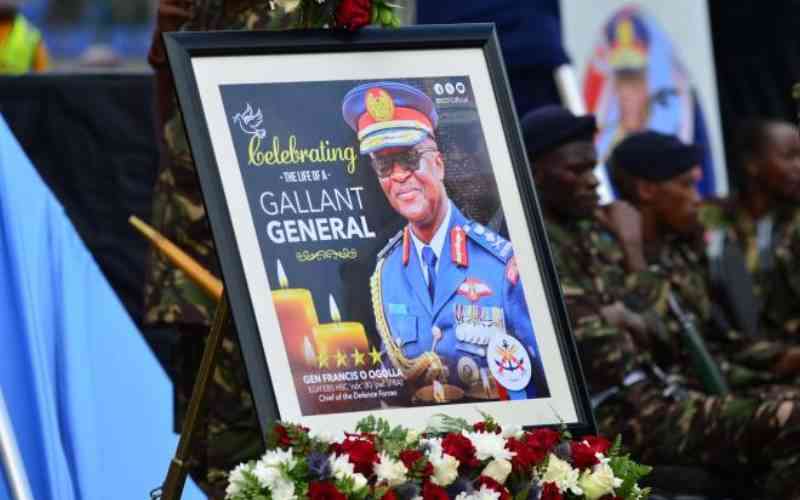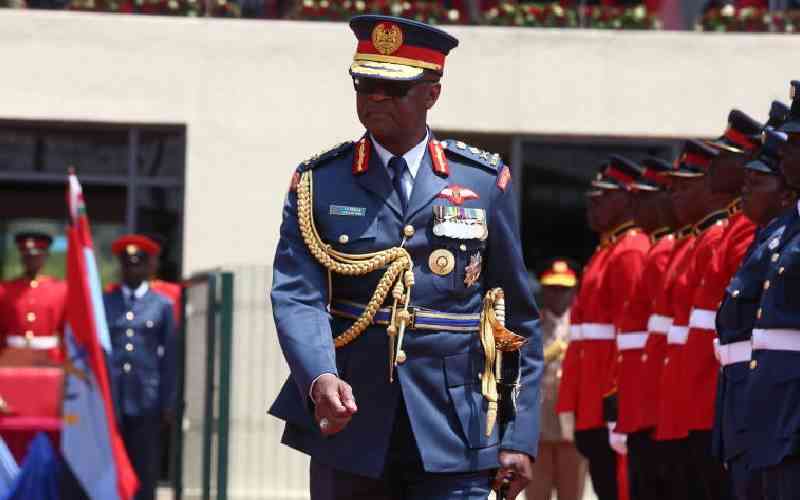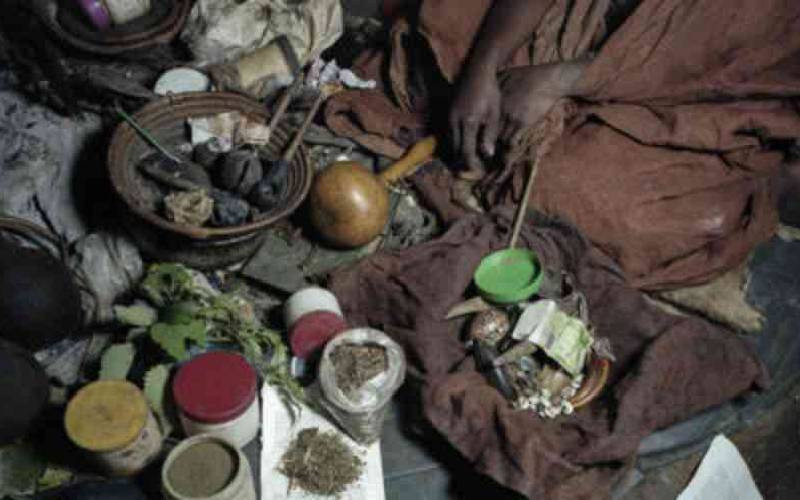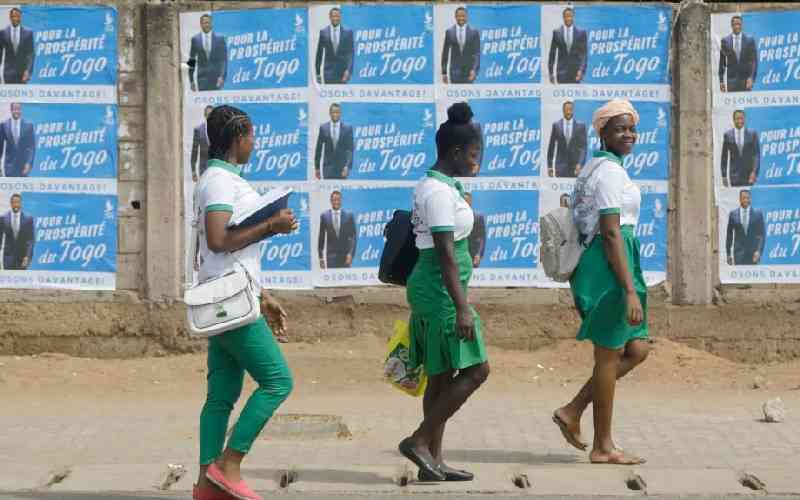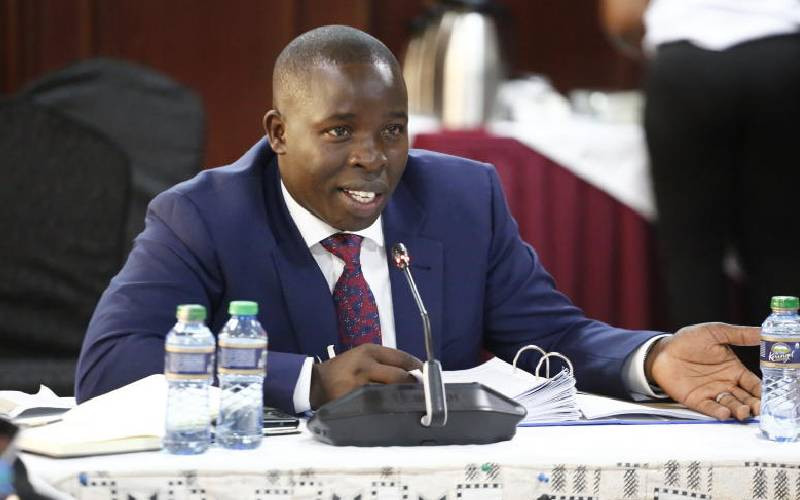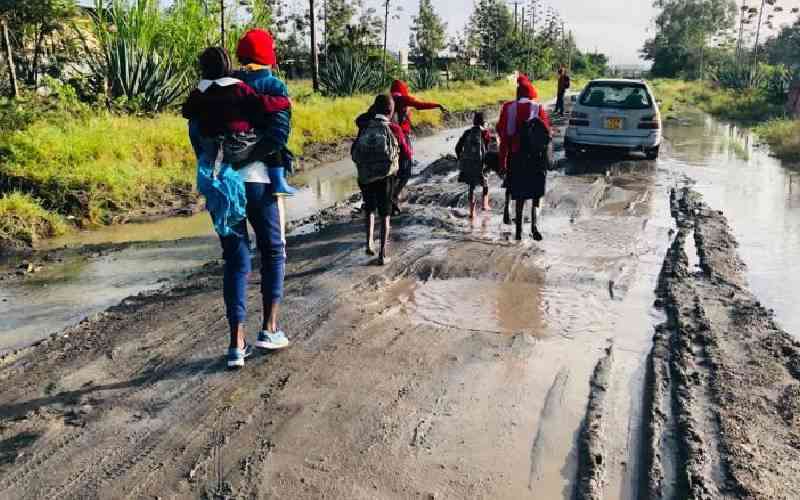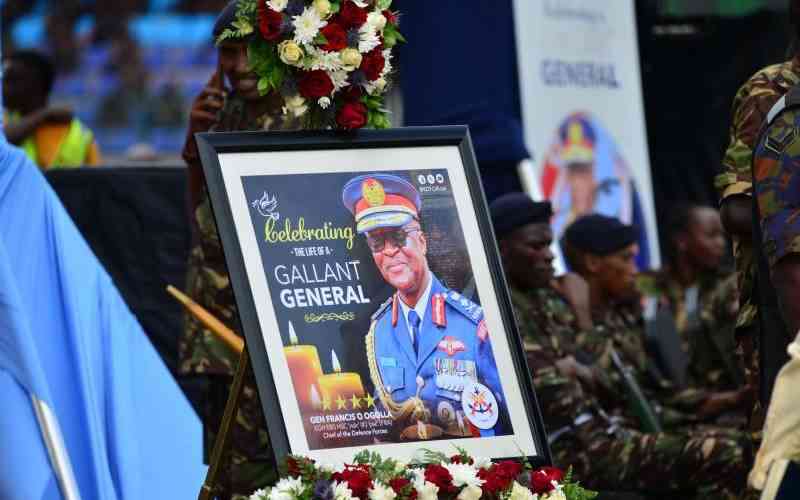By Wahome Thuku
Leaders from ‘small’ communities have formed an initiative to push for say in ongoing succession politics.
Politicians led by Cooperative Development and Marketing minister Joseph Nyagah, Roads assistant minister Wilfred Machage and Marakwet East MP Jebii Kilimo have launched a series of meetings to galvanise their communities and push for political recognition.
The plan is to use combined numerical strength to draw the attention of key political luminaries ahead of polls.
The initiative launched two weeks ago involves about 15 MPs and other leaders from several political parties. They seek to form unity that will influence political outcome, more importantly, if next year’s polls go to a run off. The first meeting was held in Machage’s Kuria Constituency and a second in Kilimo’s Marakwet hometown. At the weekend, the three addressed a rally in Tot, Elgeyo-Marakwet County, where they demanded that they be considered for running mate positions from presidential contenders in the forthcoming General Election.
They threatened to move to court to challenge any aspirant who neglects minority tribes stating that the Constitution demands for their inclusion. “With guided democracy, we will ensure that every person will be well-represented instead of majority taking all positions,” said Nyagah.
Nyagah, an ODM Nominated MP from Mbeere community in Embu County, is the leader of the group while Kilimo and Machage deputise him. Machage is in Parliament on DP ticket. Kilimo was elected on Kenda party ticket.
The leaders say the communities are borrowing from their experience in 2004 Constitution review initiatives when they united and presented their case for recognition. They then became very instrumental in the defeat of the draft Constitution in the 2005 referendum.
Some areas such as Kuria and Teso were made independent districts that reported directly to Office of the President. Others include Tharaka, Borana, Taveta, Turkana and several others from the Coastal, Eastern and North Eastern regions.
Smooth and peaceful
“If we were so influential during Bomas negotiations for the new Constitution, we can still be influential in determining who becomes the next president,” Nyagah said.
He said while small communities recognise that their bigger brothers will always produce top leaders, the groups would work to unit them and ensure political transition is smooth and peaceful.
“We have no problem with our big brothers. We know we are small, but we want to be recognised in accordance with the Constitution,” Nyagah said. The leaders argue that small communities constitute about two million of registered voters and can’t be ignored in political negotiations.
Key political figures especially presidential aspirants have in the past weeks been in and out of meetings discussing possible coalitions.
The series of talks have left their supporters in confusion.
Stay informed. Subscribe to our newsletter
— Additional reporting by Kevin Tunoi
 The Standard Group Plc is a
multi-media organization with investments in media platforms spanning newspaper
print operations, television, radio broadcasting, digital and online services. The
Standard Group is recognized as a leading multi-media house in Kenya with a key
influence in matters of national and international interest.
The Standard Group Plc is a
multi-media organization with investments in media platforms spanning newspaper
print operations, television, radio broadcasting, digital and online services. The
Standard Group is recognized as a leading multi-media house in Kenya with a key
influence in matters of national and international interest.
 The Standard Group Plc is a
multi-media organization with investments in media platforms spanning newspaper
print operations, television, radio broadcasting, digital and online services. The
Standard Group is recognized as a leading multi-media house in Kenya with a key
influence in matters of national and international interest.
The Standard Group Plc is a
multi-media organization with investments in media platforms spanning newspaper
print operations, television, radio broadcasting, digital and online services. The
Standard Group is recognized as a leading multi-media house in Kenya with a key
influence in matters of national and international interest.

